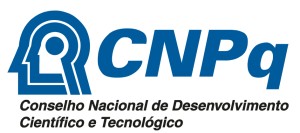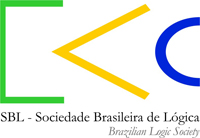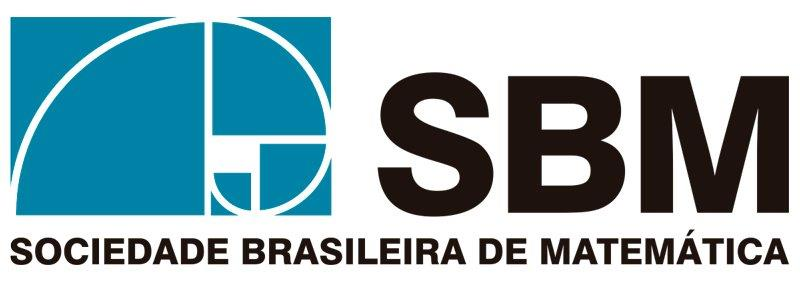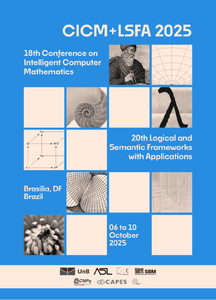|
Areas and Topics of Interest
CICM brings together an interdisciplinary research community at the intersection of mathematics, computer science, library science,
and scientific publishing. The objective of CICM is to develop new and better ways of managing sophisticated mathematical knowledge,
based on innovative technology in computer science, AI, and intelligent knowledge processing.
CICM started as a joining of MKM (Mathematical Knowledge Management), CALCULEMUS, and DML (Digital Mathematical Libraries) which became tracks of CICM.
We no longer support the division into tracks since research directions have shifted and new areas of interest are emerging.
CICM now covers a broad range of areas of interest including:
- Formal mathematics
- Interactive Theorem Proving
- Automated Theorem Proving
- Proof Systems
- Logical and Mathematical Languages for mathematical assistant systems
- Mathematical foundations for computer mathematics
- Type theory and Homotopy Type Theory
- AI and LLMs in Mathematics
- Formalization of Mathematical Theories
- Computer Algebra Systems
- Applications of proof assistants, theorem provers, machine learning systems, computer algebra systems
- Intelligent Computer Mathematics in Teaching
as well as the traditional track topics:
- Representations of mathematical knowledge
- Formal/deductive, computational, informal/narrative, and database-oriented representations
- Syntax and semantics of proof systems (proof theory, model theory, computation)
- Mathematical formulas, statements, theories, documents, or meta-data about these
- Methods, tools, and services for knowledge management
- Intersections of computer algebra systems and automated reasoning systems
- Theory exploration techniques
- Formula and diagram recognition
- Theory, design, and implementation of interdisciplinary systems for computer mathematics.
- Infrastructure for mathematical services
and Digital Mathematical Libraries (DML)
- Creation and maintenance of DMLs (content acquisition, validation and curation)
- Acquisition from paper/digital sources
- Architecture and representations of DMLs
- DML collections and systems
- Data mining, theory exploration, or theorem proving over DML collections
- Archives of written mathematics
- Aligning logics and concepts across corpora
- Mathematics retrieval
- Access and applications of DMLs
- Document processing workflows
- Reproducibility, persistence, provenance, versioning, and change management
- Corpus operations such as translation, transformation, migration, exchange, mining, or reverse-engineering
- DML management, including business models and funding
- Web interfaces for DML content
- User and application program interfaces (UIs and APIs)
In all of the above areas and beyond the CICM conference welcomes
descriptions of non-trivial relevant undertakings including
- Implementations, new components or features of existing tools
- Exchanges of knowledge and collaborations across communities
- Integrations of existing solutions
- Case studies, evaluations and benchmarks
- Open challenges and unsolved practical problems
- Experience reports regarding large or particularly difficult results
- Surveys and comparisons
- Historic overviews, current trends, and future challenges
|







